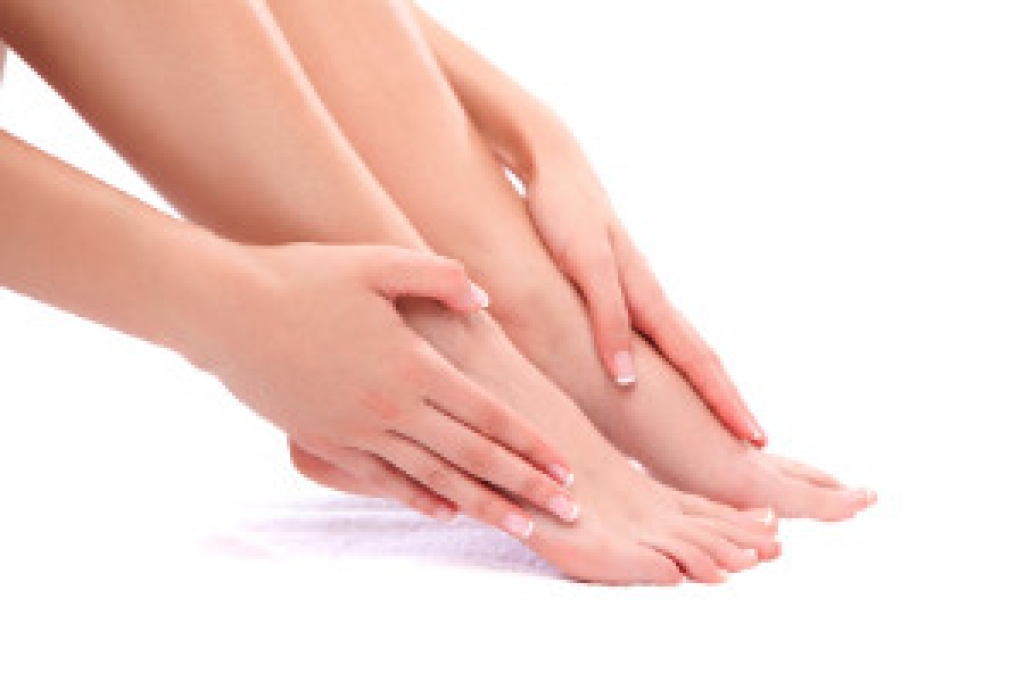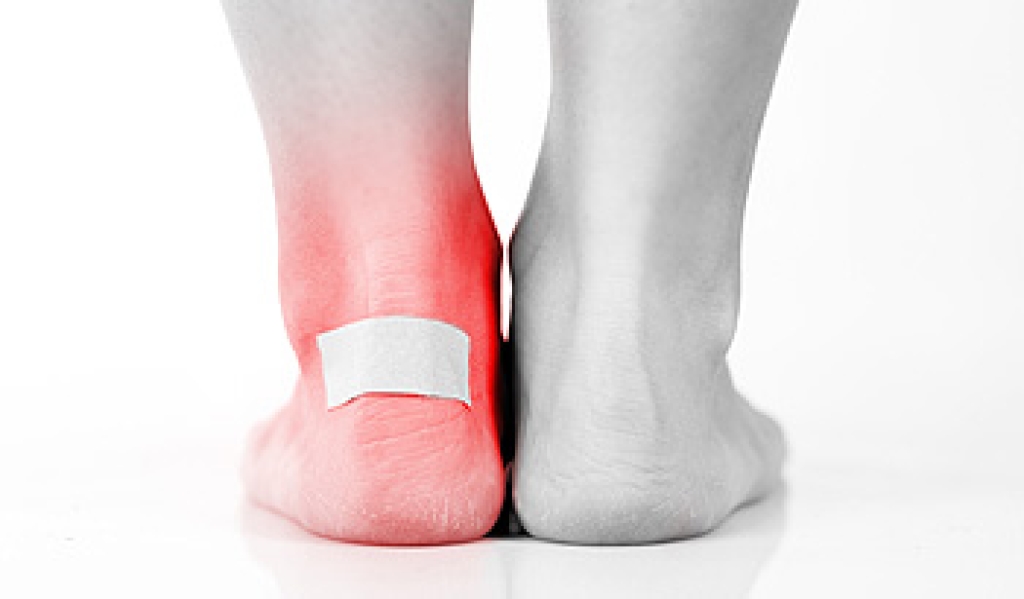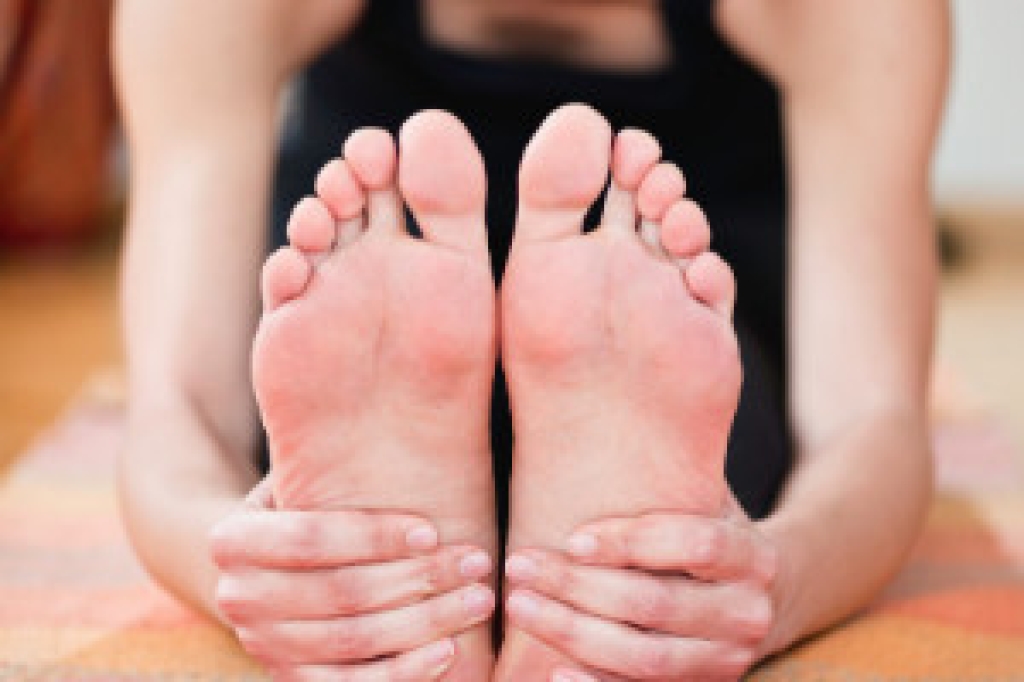 Symptoms from a condition referred to as Morton’s neuroma can include intense pain often accompanied by a feeling of pins and needles. The third and fourth toes are mostly affected by the condition, which is typically caused by the nerve being squeezed. Weak arches may be the root of the pinched nerve, and a numbing sensation may be experienced. If there is scar tissue present around the nerve, that may be a factor as well. Shoes not fitting properly and pressing against a nerve may also be a possible cause for this condition to develop. It’s suggested to cease any activity that may increase the pain, in addition to resting the foot to allow for proper healing. Some treatments involve custom-made orthotics or taping the foot to ease the discomfort associated with Morton’s neuroma. When exercises are performed that aid in strengthening the arch, relief will be felt from the reduced pressure. Schedule a consultation with a podiatrist to learn about available treatment options for Morton’s neuroma.
Symptoms from a condition referred to as Morton’s neuroma can include intense pain often accompanied by a feeling of pins and needles. The third and fourth toes are mostly affected by the condition, which is typically caused by the nerve being squeezed. Weak arches may be the root of the pinched nerve, and a numbing sensation may be experienced. If there is scar tissue present around the nerve, that may be a factor as well. Shoes not fitting properly and pressing against a nerve may also be a possible cause for this condition to develop. It’s suggested to cease any activity that may increase the pain, in addition to resting the foot to allow for proper healing. Some treatments involve custom-made orthotics or taping the foot to ease the discomfort associated with Morton’s neuroma. When exercises are performed that aid in strengthening the arch, relief will be felt from the reduced pressure. Schedule a consultation with a podiatrist to learn about available treatment options for Morton’s neuroma.
Morton’s neuroma is a very uncomfortable condition to live with. If you think you have Morton’s neuroma, contact one of our podiatrists of PA Foot & Ankle Associates. Our doctors will attend to all of your foot care needs and answer any of your related questions.
Morton’s Neuroma
Morton's neuroma is a painful foot condition that commonly affects the areas between the second and third or third and fourth toe, although other areas of the foot are also susceptible. Morton’s neuroma is caused by an inflamed nerve in the foot that is being squeezed and aggravated by surrounding bones.
What Increases the Chances of Having Morton’s Neuroma?
- Ill-fitting high heels or shoes that add pressure to the toe or foot
- Jogging, running or any sport that involves constant impact to the foot
- Flat feet, bunions, and any other foot deformities
Morton’s neuroma is a very treatable condition. Orthotics and shoe inserts can often be used to alleviate the pain on the forefront of the feet. In more severe cases, corticosteroids can also be prescribed. In order to figure out the best treatment for your neuroma, it’s recommended to seek the care of a podiatrist who can diagnose your condition and provide different treatment options.
If you have any questions, please feel free to contact one of our offices located in Allentown, Easton, Northampton, and Chew Street in Allentown, PA . We offer the newest diagnostic and treatment technologies for all your foot care needs.




